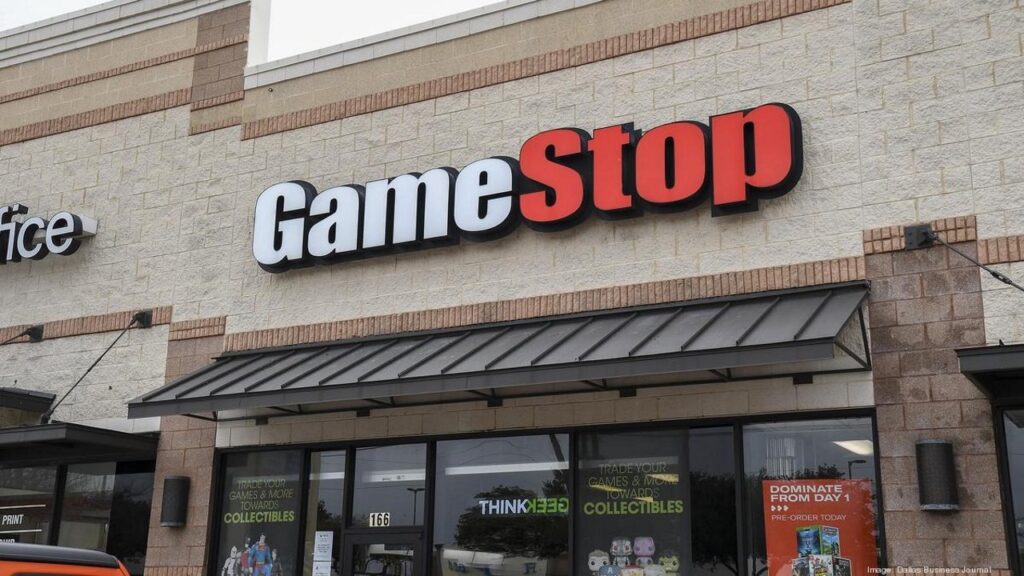
A lawsuit filed this week accuses games retailer GameStop of recording customer support calls without consent and selling the transcripts to a third party: Zendesk, a customer service support provider. According to Bloomberg, and as reported by GamesIndustry, the filing notes that the GameStop also tracks and harvests support chats on its website.
“Given the nature of Defendant’s business, website visitors typically share highly personal and sensitive data with Defendant when using the website chat feature,” the suit reads. “Consumers would be shocked and appalled to know that Defendant secretly creates transcripts of those conversations and shares them with a third party.”
If the suit is true, and customers were not forewarned that their conversations were being kept and sold, GameStop would find itself in violation of the California Invasion of Privacy Act (CIPA), which explicitly states that “website operations cannot create transcripts of visitors’ conversations without obtaining prior, express consent from all parties to the conversation.”
According to Richard Hoeg, attorney at Hoeg Law in Michigan, compliance with the CIPA is simply a matter of informing someone when they are being recorded. It’s something you’ll hear often in support calls: “this call may be monitored for quality assurance purposes,” etc. Continued participation in such calls or chats is generally regarded as implied consent. For Hoeg, much of the lawsuit hinges on this tenet.
“In general, then, the plaintiffs would have to show that no such warnings were given, which, in this case, given that ‘recordings’ are the things at issue, should be fairly easily proven or disproven. Either Gamestop can show they gave this disclaimer or they didn’t,” Hoeg told GameDaily.
From there, if it can be proven that such a disclaimer was not given, other statutes are likely implicated.
“California takes its data statutes pretty seriously,” Hoeg said. “Were customers properly informed that they were being recorded? That their information could be sold on/analyzed for marketing?”
In theory it’s a simple matter of proving whether or not these disclaimers were in place, and Hoeg said he would be shocked if they weren’t as they tend to be standard practice.
“But you never know,” he said.
The suit comes as GameStop posts its quarterly earnings report for Q2 of its 2022 fiscal year. According to the data, net sales fell by 4%–to $1.14 billion–when compared to the same period last year. The downward movement is becoming something of a trend for GameStop; the company has posted quarterly losses since its meme stock rally in early 2021.
In a prepared call to investors, CEO Matt Furlong said the last three months were “a transitional quarter.
“The upshot is we now have a more diversified product catalog, strengthened fulfillment network, improved tech stack and e-commerce presence, and fortified corporate infrastructure,” Furlong continued. “Thanks to these improvements, including our SAP implementation, we are able to start focusing on a new set of priorities that include achieving profitability, launching proprietary products, leveraging our brand in new ways, and investing further in our stores.”
In July, GameStop underwent a wave of firings and structural resets, including a reinvigorated push into the blockchain space and the layoff of its CFO. Last month, the company announced that it will be increasing the wages for its store managers.
All told, the new lawsuit is very much in line with the tumultuous few years the company has experienced. Moving forward, it will be interesting to track the progress of the suit and its impact–if any–on GameStop’s overall business.
Sam, the Editor-in-Chief of GameDaily.biz, is a former freelance game reporter. He's been seen at IGN, PCGamesN, PCGamer, Unwinnable, and many more. When not writing about games, he is most likely taking care of his two dogs or pretending to know a lot about artisan coffee. Get in touch with Sam by emailing him at sdesatoff@rektglobal.com or follow him on Twitter.
 GameDaily.biz © 2026 | All Rights Reserved.
GameDaily.biz © 2026 | All Rights Reserved.